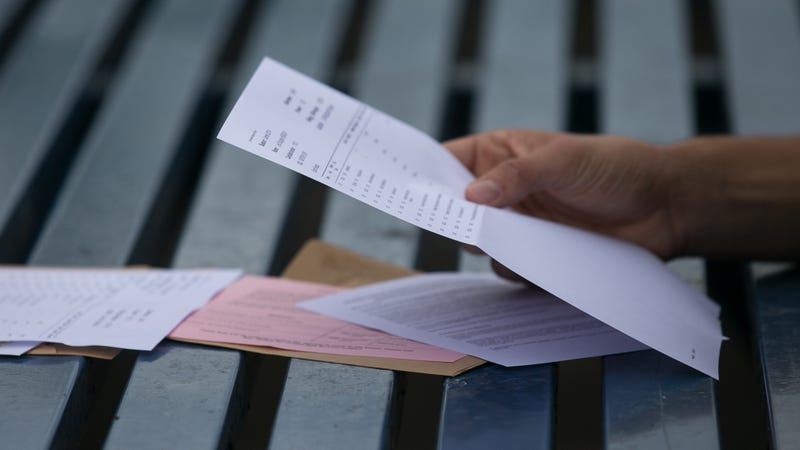
The Alabama Board of Education has launched an investigation after a high school in Escambia County discovered discrepancies in the grades of a number of students, apparently the result of a hack, according to CBS affiliate WKRG News 5.
W.S. Neal High School in East Brewton, Alabama found the inconsistencies in some grades while finalizing a “Top 10" list of the best-performing students. The school is putting off naming a valedictorian and salutatorian for this year’s graduating class, who are scheduled to receive their diplomas on May 22nd.
Escambia County Superintendent John Knott noticed the discrepancies and reported them to the Alabama Board of Education, according to WKRG. He didn’t disclose how many students’ grades were affected, but said, “I’m determined to find all of the facts on how this change happened and I’m determined to resolve this matter.”
At the risk of questioning the methods of the superintendent and school board, it seems like they don’t have a great grasp of the situation. While the Board of Education isn’t releasing any details until the investigation is complete, the school has apparently forgone digital forensics in favor of trying to get a student to rat out the supposed hacker. Students have reportedly been called into the principal’s office and pressed if they know who is responsible for changing grades, which is either an attempt to make the kids crack under pressure or part of a desperate search for leads.
“My son called on Tuesday afternoon and basically told me that there was an investigation with the Top 10 list, that someone has hacked into the grades and has been changing grades since 2016,” Shannon Odom, a parent of a student at W.S. Neal High School, told WKRG.
For the students, the primary concern seems to be how the apparent hack will affect their position on the Top 10 list. Some students may have been bumped out of the top slots by someone who changed their grades and losing that position may affect their hunt for scholarships, which should probably make us reconsider how scholarships are awarded.
If the grades were hacked by some enterprising student trying to improve their college prospects or simply avoid discipline, they would not be the first to go about modifying their marks.
In 2015, the New York Post reported a 16-year-old in Staten Island hacked his school’s computer system, gained access to his reports cards and transcripts, and modified his grades. He was hit with a criminal complaint for his efforts, though local law enforcement suggested the school should hire him to fix weaknesses in their system.
Last year, a University of Iowa student managed to manipulate his own grades, as well as the grades of his friends after he used keyloggers to steal the login credentials of professors. The student stole test questions and exams and changed his grades 90 times over the course of 21 months. It came to an end after an FBI investigation.
It seems unlikely the incident in Alabama would require such an in-depth operation for a hacker. Sufficient cybersecurity is expensive and many schools have failed to keep up with what it takes to maintain a secure network. One-third of K-12 schools don’t even encourage their faculty members to use secure passwords, according to a survey conducted by Education Week. All it takes is one guessable password for someone to gain unfettered access to the school’s records and grades.
.png)

No comments:
Post a Comment